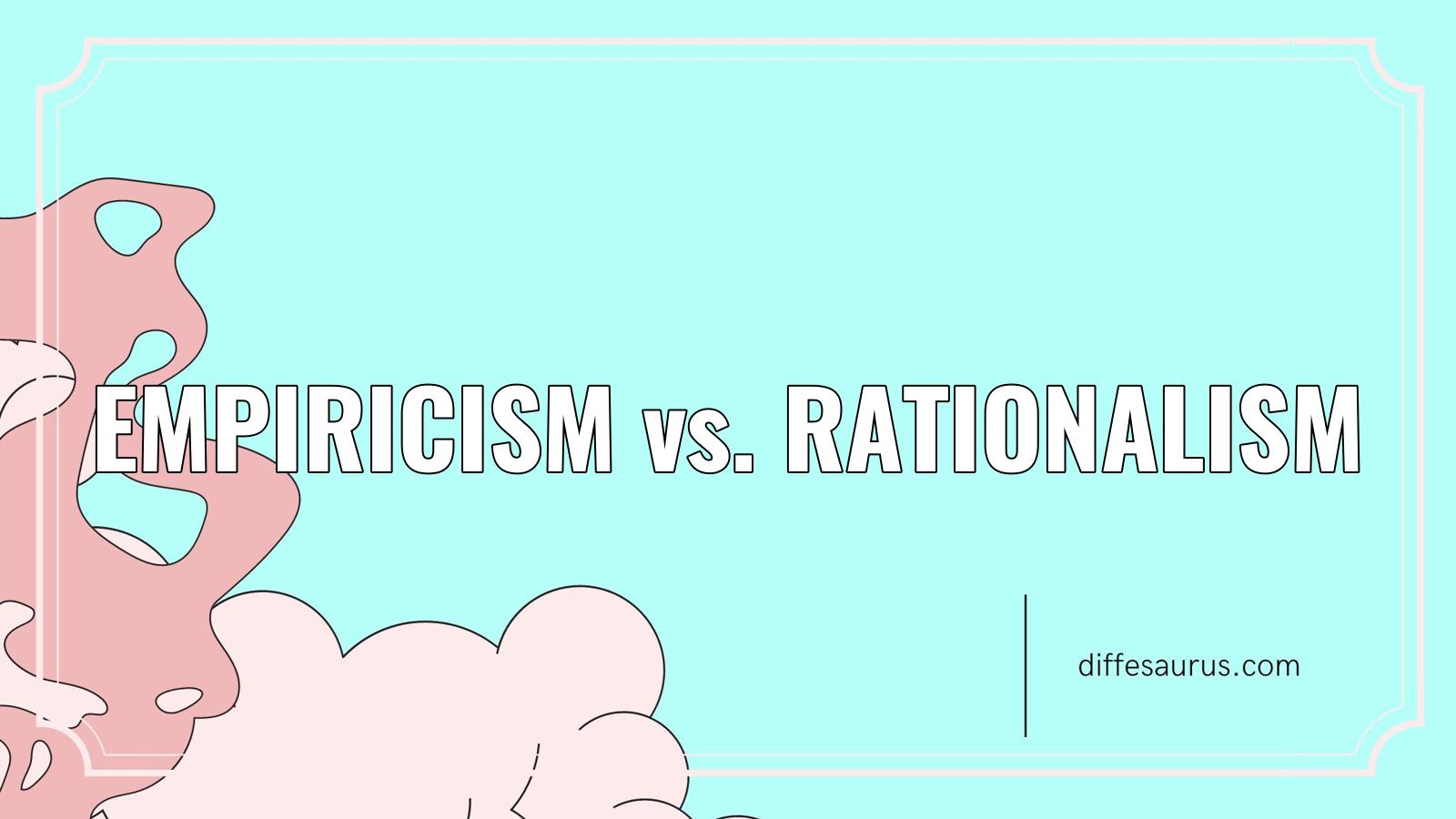Rationalism and empiricism are two schools of thought that are different in their views.
Reason is the source of knowledge and justification according to rationalism. Rationalists need to adopt at least one of the three basic claims in rationalism. The claims are referred to as the intuition/deduction thesis, the innate knowledge thesis, or the innate concept thesis.
What are the similarities between empiricists and rationalists?
The nature of knowledge, the rationality of belief, and the justification are studied. There are two schools of thought in the field of epistemology. The source of knowledge and justification is a concern for both of these schools of thought. Rationalism considers reason as the source of knowledge while empiricism considers experience to be the source of knowledge.
What is the difference between rationalism and rationality?
Rationality and rationalism are related terms. Rationality is quality or state of being rational, agreement with reason, possession of reason and due exercise of reason, while rationalism is the theory that the basis of knowledge is reason.
What is the difference between rationalism and empiricism quizlet?
Rationalism believes that reason is a source of knowledge. According to Empiricism, sense experience is the only source of knowledge in the world.
What is an example of rationalism?
The rationalist believes that there is a class of truths that the intellect can grasp.

What is an example of empiricism?
Children in the class can only learn through physical experience, which is an example of empiricism. Children count by themselves using sticks or objects when they are learning to count.
How do you differentiate empiricism and rationalism essay?
Rationalists use knowledge that is questionable to get the truth. The warrant required to justify a thought is a strong concern for empiricists. The level of acquiring ideas is not dependent on experience, according to the rationalists. In some cases, that may not be true because there are other factors that can be used to determine the next step.
What is the similarities between how empiricists and rationalists acquired knowledge?
The use of skepticism, which is a doubt that the other ideas are true to invoke a pattern of thought that will lead to knowledge or the truth of the nature of reality, is a similarity between rationality and empiricism.
What is the difference between rationalism and empiricism essay?
Rationalism considers reason as the source of knowledge while empiricism considers experience to be the source of knowledge.

What is the difference between empiricism and rationalism?
Empiricism and rationalism are two schools of thought that have different views and should be understood. Empiricism states that experience and observation is the best way to get knowledge. Rationalism believes that opinions and actions should be based on reason rather than emotion. Through this article, we can learn about the differences between the two thoughts.
What does rationalism say about knowledge?
Rationalism says that significant knowledge of the world can be achieved by a priori means.
What are the main points of controversy between empiricism and rationalism?
Rationalism believes that reason is the main source of knowledge. They claim that this knowledge can be grasped through reason alone. Knowledge is eternal if it is accessed through reasoning, they say. Rationalists think that the method of reasoning should be used to gain knowledge of the world as well. It’s not a requirement for the acquisition of these truths if the evidence of the senses is in line with reason.
What do rationalism and empiricism have in common?
A rationalist accepts the possibility and fact of a priori knowledge that is derived by reason. A rationalist is not as committed to the existence or reliability of innate ideas as someone who is not a rationalist.



